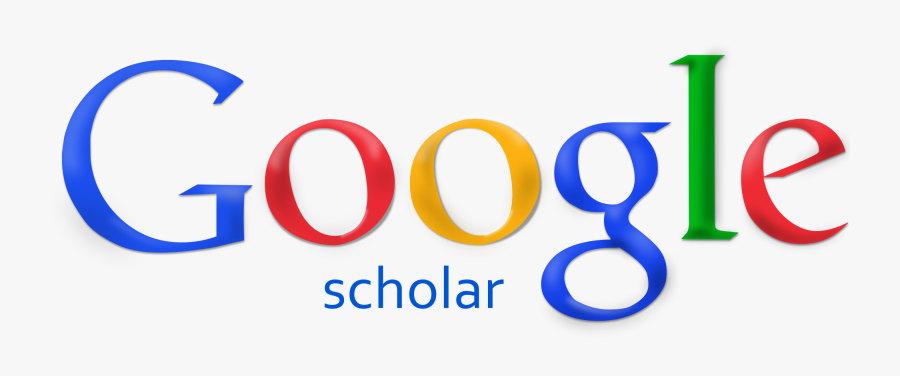Abstract
The researchers proposed the use of a ready-made electronic program that includes refereeing scenarios designed to engage students in enhancing officiating performance, in an effort to guide them toward correct officiating. The study incorporated refereeing cases drawn from the fourth-year college curriculum. Accordingly, the research problem centres on whether modern technologies influence the development of officiating performance among students. The aim of the study was to utilize an electronic program that illustrates violations, infractions, and refereeing signals in basketball, and examine its effect on improving performance. The researchers employed the experimental method using two groups---experimental and control---on a sample of fourth-year female students at the College of Physical Education and Sport Sciences for Women, University of Baghdad, totalling 27 students from Section (C). After excluding those who had failed or had excessive absences, 17 students were randomly selected using a lottery method, resulting in a final sample of 12 students, equally distributed between the two groups. The experimental group used the electronic program, while the control group followed the conventional instructional method. The pilot sample consisted of 5 students from Section (C), and the research instruments included the program and a questionnaire to assess officiating performance. Following the pre-tests and confirmation of group equivalence, the main experiment was conducted over 12 sessions at two per week, each lasting 30 minutes. Post-tests were conducted, and the results indicated a decrease in officiating errors among students due to the program. The researchers recommend adopting the program as a complementary component in basketball instruction to save time and effort, and this achieves one of the sustainable development goals of the United Nations in Iraq which is (Quality Education).
First Page
393
Last Page
403
Creative Commons License

This work is licensed under a Creative Commons Attribution 4.0 International License.
Recommended Citation
Fattah, Mariam Luwaa Abdel; Fattah, Marwa Luwaa Abdel; Mahmoud, Marwa Saadi; and Hamoudi, Luma Sameer
(2025)
"The Effect of an Electronic Refereeing Program on Selected Officiating Cases in Basketball Among Female Students,"
Modern Sport: Vol. 24:
Iss.
3, Article 14.
DOI: https://doi.org/10.54702/2708-3454.2085








